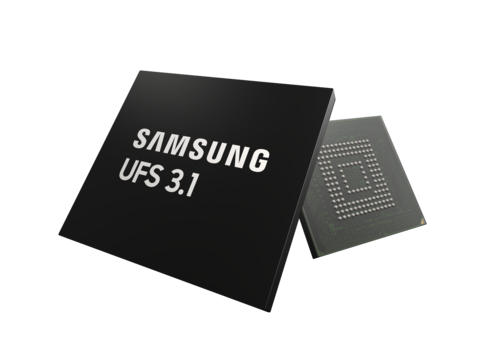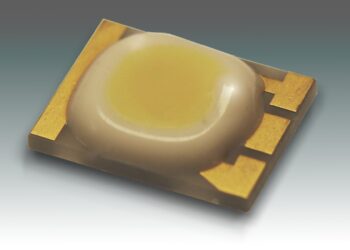Samsung Electronics Co. Ltd has announced the commencement of mass production for its automotive Universal Flash Storage (UFS) 3.1 memory solution, designed specifically for in-vehicle infotainment (IVI) systems. This new solution offers the industry’s lowest energy consumption, enabling car manufacturers to provide a superior mobility experience to consumers.
The UFS 3.1 lineup includes 128GB, 256GB, and 512GB variants, catering to the diverse needs of customers. The enhanced lineup allows for more efficient battery life management, particularly beneficial for future automotive applications like electric or autonomous vehicles. The 256GB model, for example, has reduced energy consumption by approximately 33% compared to its previous generation counterpart. It also boasts impressive sequential write and read speeds of 700MB/s and 2,000MB/s, respectively.
Hyunduk Cho, Vice President of Memory Product Planning Team at Samsung Electronics, stated, “Samsung’s new UFS 3.1 solution addresses a wide range of customer needs for optimized IVI systems while pushing forward with next-generation memory trends that require higher ESG standards. We aim to expand our presence in the automotive semiconductor market, following the introduction of our UFS 3.1 solution for advanced driver assistance systems (ADAS).”
The automotive UFS 3.1 solution complies with the requirements of AEC-Q100 Grade2, a semiconductor quality standard for vehicles, ensuring stable performance in extreme temperatures ranging from -40°C to 105°C.
Samsung plans to supply its UFS 3.1 products to global automakers and parts manufacturers by the end of this year. The company has been steadily strengthening its automotive memory solution portfolio, having received an ASPICE Level 2 certification in April 2023 for its ADAS-oriented UFS 3.1 product. The certification was granted by C&BIS, a renowned automobile certification agency, verifying the high stability required in automotive semiconductors.
Since entering the automotive memory business in 2015, Samsung has experienced significant growth. In 2017, it introduced the industry’s first UFS for vehicles and has since provided various memory solutions such as AutoSSD, Auto LPDDR5X, and Auto GDDR6. As the demands for data storage and computational power in the automotive sector continue to increase, Samsung aims to deliver optimized memory solutions for automotive customers while focusing on development and quality enhancement efforts to maintain its market leadership.








